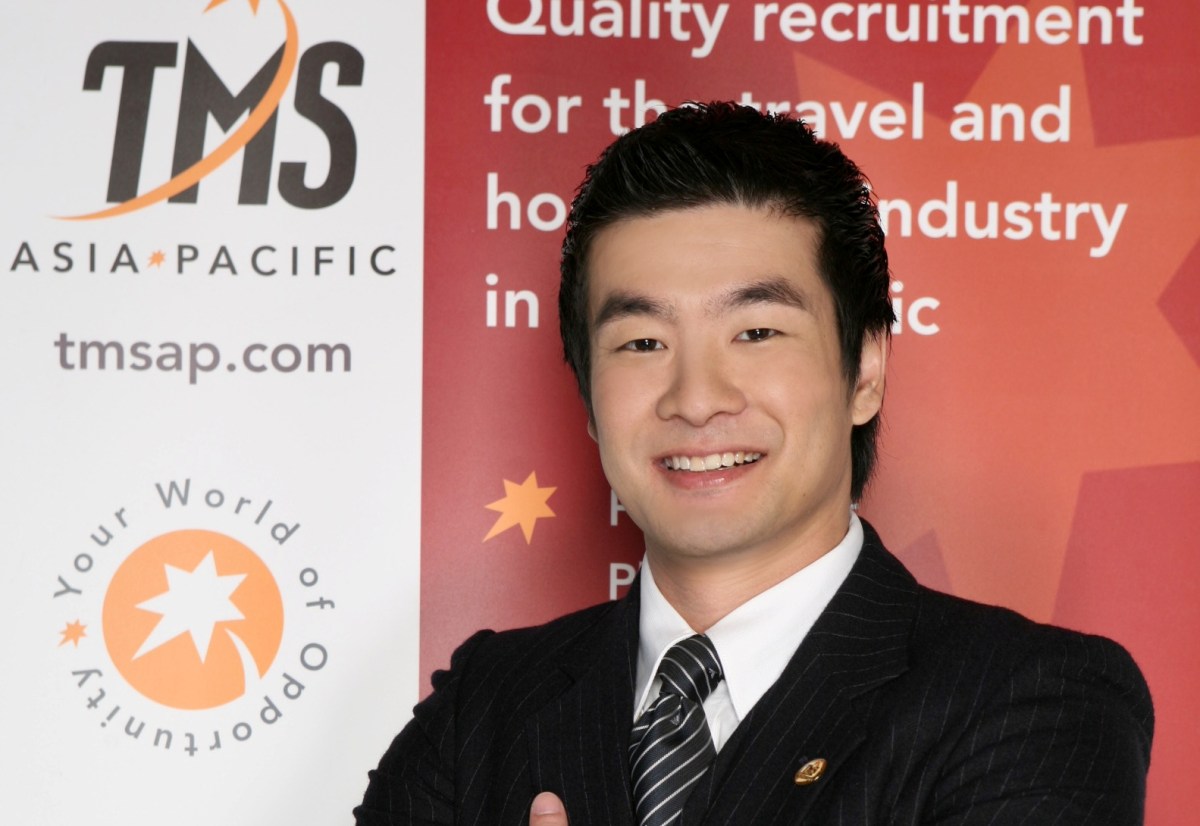
TMS Asia-Pacific has prompted employers to reflect on the value a properly conducted employee exit interview can have on an organisation’s overall staff management and, ultimately, its service delivery.
The company’s CEO, Andrew Chan, said exit interviews had become particularly relevant on today’s hospitality and tourism employment scene where a return to a pre-GFC environment had seen increased numbers of vacant positions outstripping the number of available candidates.
“As a result of this we are seeing a significant increase in movement in the employment arena with many companies seeing employees lured away to the competition and other sectors by the promise of career advancement, higher wages and benefits,” he said.
Exit interviews, he said, hold major benefits for both sides of the fence.
“Not only are they seen by existing employees as a sign of positive culture, they are regarded as a sign that an organisation is big enough to expose itself to criticism,” Chan said.
“Hearing and handling feedback is also a powerful staff development process and plays a key part in understanding people management. It also provides relevant insight into future training processes.”
Chan said that in his experience many employees had been sorry to leave their employment but had been lured away by promises of career advancement they felt they were being denied with their previous employer.
“It could just be that a properly conducted exit interview might also provide an employer with an opportunity to actually retain an employee who might otherwise have left the role without airing the reasons for leaving – something which might be able to be rectified on the spot to the benefit of both parties,” he said.
“Ironically as the war for talent continues to build, there is likelihood that employers may be able to re-lure these people back to an organisation.
“But it should be remembered that not all employees leave on the best of terms so how they exit can make a major difference as to whether they return or not.
“The old adage ‘don’t burn bridges’ has never been more relevant,” Chan said.

